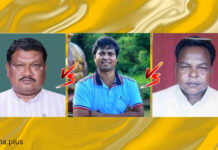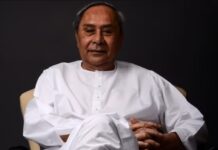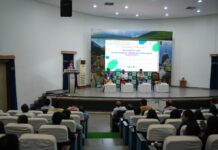Sambeet Dash
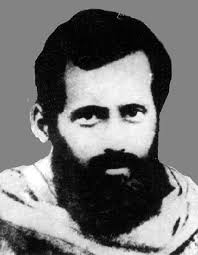
On his 142nd birthday, Sambeet Dash pays tribute to the free thinker and beacon of the future.
Today is the birthday of Gopabandhu, the Odia Patriot, freedom fighter, social worker and reformer. He is fondly referred by the masses as UTKALAMANI or “The Jewel of Odisha”, a title well earned. Arguably, he was one of the first modern thinkers of Odisha.
Gopabandhu Das was born on 9, October 1877, in the village of SUANDO in the district of Puri, a walkable distance from my ancestral village. From his early childhood, he was sharp in academics and went to Puri to do further higher studies, like most from the villages from that area.
Higher education enlightened him. He fought against a couple of scourges of the time, the diseases of Casteism and Cholera, one social and the other one real. Though a Brahmin he reportedly changed his last name to “Das” from “Dash” to protest against the rigid casteism prevalent at the time. He was in favor of woman empowerment, education, and staunchly opposed Child marriage – leaving no stone unturned in his efforts.
Hordes of people used to die in flood, followed by communicable diseases like Cholera (my grandfather has seen an entire family of 10 in his neighborhood wiped out in cholera in the matter of a week). Cholera patients were treated as a pariah in those days. Nobody would dare come anywhere close to a Cholera patient, fearing contamination.
But Gopabandhu and his friends, primarily Nilakantha Das’s tryst with the lethal disease hardened their resolve to fight it. Encountering it from close quarters helped them overcome its fear. They did something unthinkable at that time – take the Cholera Bull by its horn. Getting close and taking care of those infected with this marauding ailment, from administering them medicines to doing their last rights, for no one would dare to touch a person cursed by BAADI THAKURANI (The Goddess of Cholera).
Gopabandhu used to travel to remotest of the places to supply relief materials and medicine to the impacted folks. He also foresaw the power of media and was the founder of a popular Odia Daily The SAMAJA (Society), which is still in print. In 1908 when he formed the “Young Utkal Association” – an organization devoted to philanthropy and fighting social evils.
In 1924 Gopabandhu Das got out of jail to a heroic welcome by the public. He was immediately received by P C Ray at the Provincial Congress Conference in Cuttack Town Hall, where the later proudly made an announcement, declaring Gopabandhu Das as “UTKALA MANI” or The Jewel of Odisha.
Pandit Gopabandhu Das was found of fish. He has expressed his fetish for prawn, which was plentiful those days –
HAIO CHUNGUDI KAHIN,
GHUNGUDI MARIBA KAHAKU KHAI?
———–
Hey, the prawn is not seen.
What’ll make us snore in the afternoon?
Ironically the man who worked fearlessly amongst cholera patients, who were shunned by the public, died of another waterborne disease – Typhoid. In 1928 Gopabandhu went to Calcutta to address a labor conference and likely contracted there the disease from which he never recovered. Apprehending his death, Utkalamani summoned Nilakantha Das and others close to him, instructing them to write his final will. “I am dictating my last will and testament”, he told as Radhanath Rath wrote it in front of teary-eyed onlookers. After giving instructions to donate the Samaj printing press to Bharat Sevak Samaj, he passed away.
The next day was the eve of the auspicious Sri GUNDICHA Rath Yatra. Gopabandhu’s dead body was taken around Satyavadi, where he dedicated most of his life in the service to mankind. Droves of mourning people massed around the funeral pyre as his remains were consigned to the flame. It was the end of an era, a chapter in the history of Odisha came to close. That day was June, 17 in the year of 1928.
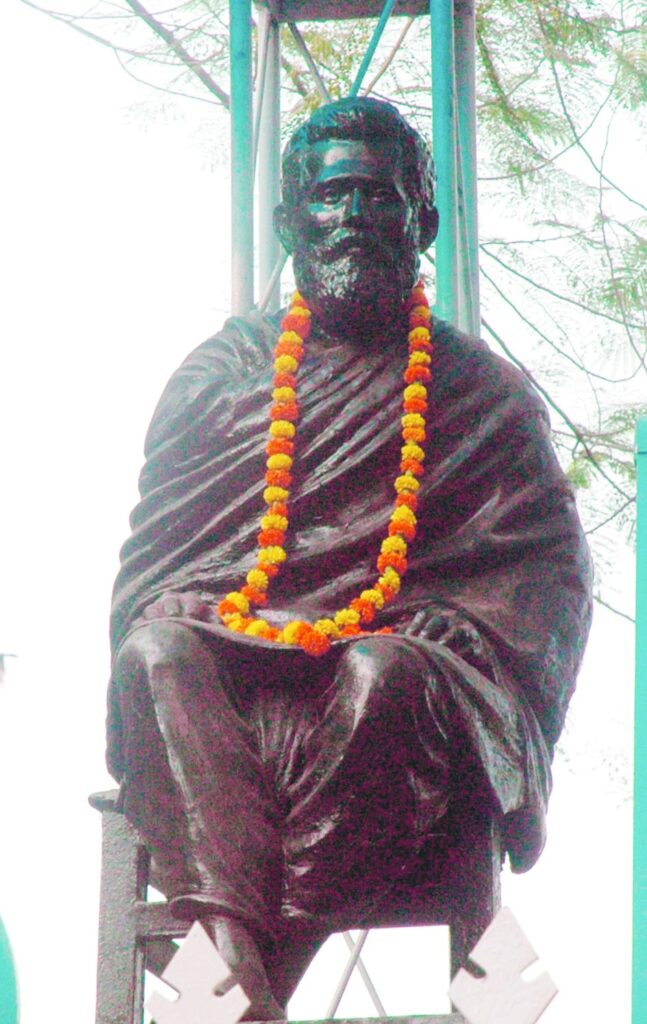
Being independent-minded, Pandit Gopabandhu fought against the contemporary British rule, advocating SWARAAJ or self-rule. He was promptly arrested and put in jail. While is jail, he wrote in Odia BANDIRA ATMA KATHA (The autobiography of a Prisoner), a stanza from which I still remember. goes as follows.
MISU MORA DEHA E DESHA MATIRE,
DESA BASI CHALI JAANTU PITHIRE.
DESA RA SWARAJYA PATHE JETE GADA,
PURI JAU SETHI RE MORA MANSA HADA.
Roughly transliterated…
“Let my body blend in this county’s track,
Let My countrymen walk on my back.
On the path of self-rule lies potholes,
Let it get filled with my flesh, bones.”
Mortal man, whose immortal memories is going to inspire all for generations to come.
(Sambeet Dash is an Odia technocrat living in Georgia US.)

